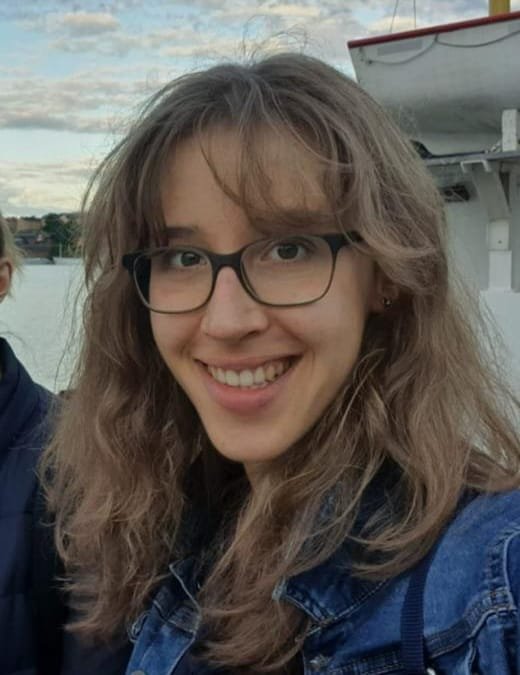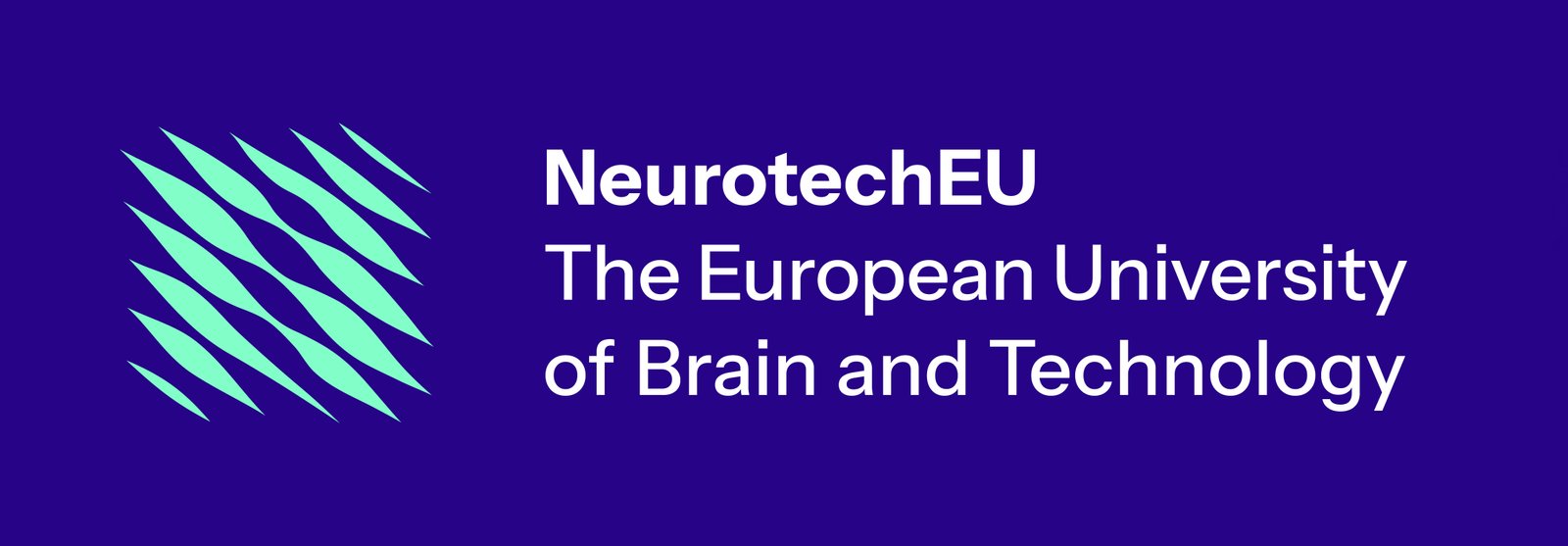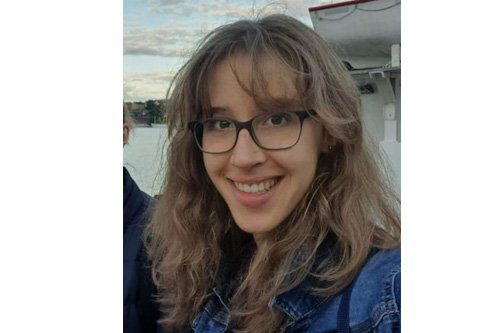From a Student's Perspective with Muriel Heitsch from Karolinska Institutet
In the faces of NeurotechEU series, several people in the NeurotechEU alliance are interviewed to learn about their experiences and insights.
Muriel Heitsch is studying Biomedicine at Karolinska Institutet and is also the Vice-chairperson of ''Studenter i Forskning'' (Students in Research). We discussed NeurotechEU from a student's perspective.

While I was already interested in the field, participating in NeurotechEU deepened my passion. Witnessing the field's diversity, the numerous stakeholders involved, and the varied perspectives has profoundly impacted me.
Muriel Heitsch
You are originally from Germany and also have a very international background. How does being at Karolinska and being involved in the NeurotechEU differ from your experiences?
Attending an international school taught me the importance of engaging with different cultures, but being at Karolinska and participating in the NeurotechEU project provides an even greater opportunity to interact with people from diverse backgrounds. This experience is truly enriching.
What do you consider the most exciting aspects of the project?
For me, the most exciting aspect is the opportunity to discuss neuroscience, a topic I am deeply passionate about, with individuals from various backgrounds. Engaging with individuals who study different disciplines and possess diverse perspectives on neuroscience broadens my understanding. NeurotechEU allows us to explore different areas of neurotechnology, a vast and interdisciplinary field.
What can be the biggest challenge for students in this project?
Ensuring their voices are heard. As students, we may lack the experience of other participants, making it difficult to make our opinions and ideas stand out. However, it is crucial to acknowledge the value of student perspectives as future professionals. Thus, it is essential for both sides to listen and be heard.
How do you see the project encouraging participants to think outside the box?
Through its international nature and the opportunity to engage with people from diverse backgrounds. Within NeurotechEU, I have encountered individuals studying medicine and AI, among others. Their perspectives differ from mine, as I have primarily focused on neuroscience's molecular and biomedical aspects. Exploring these diverse viewpoints is fascinating and encourages innovative thinking.
How has your involvement changed your career goals?
It has strengthened my interest in neuroscience and neurotechnology. While I was already interested in the field, participating in NeurotechEU deepened my passion. Witnessing the field's diversity, the numerous stakeholders involved, and the varied perspectives has profoundly impacted me.
How would you attract other students to this project?
I would focus on advertising on social media platforms and promoting the opportunity for international exchange. Many students at Karolinska want to gain additional cultural insights and experience at different universities abroad. Highlighting these aspects would be an effective way to attract more students.
What would be your message to the students?
NeurotechEU provides a highly international and diverse environment, offering many learning opportunities. Embrace the chance to expand your knowledge and broaden your horizons by interacting with this diverse community.
You study in the city of the Nobel Prize at one of the world's best universities. What does it mean to you?
Being in a city associated with such prestigious recognition is highly motivating. The Nobel Prize emphasizes the need for constant growth and development in research, driving us to strive for excellence.
What do you believe are the biggest strengths of Karolinska Institutet in the NeurotechEU project?
Karolinska Institutet's emphasis on medical research and its status as a single-faculty university led to a significant focus on the medical aspect. A substantial amount of research is being conducted, with numerous students involved. Consequently, there is a high output of top-notch medical research. Moreover, the institution's association with the Nobel Prize adds to its significant international reputation, which can undoubtedly contribute to the success of NeurotechEU.
By: Krisztina Csiba, University of Debrecen

